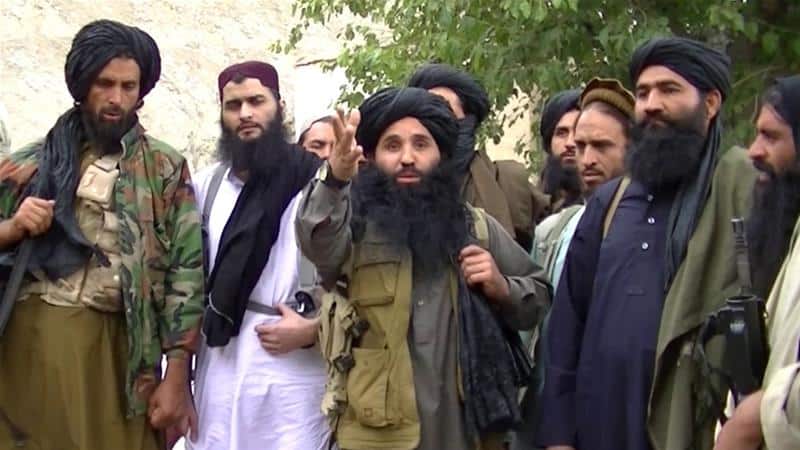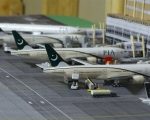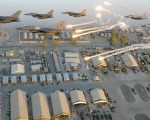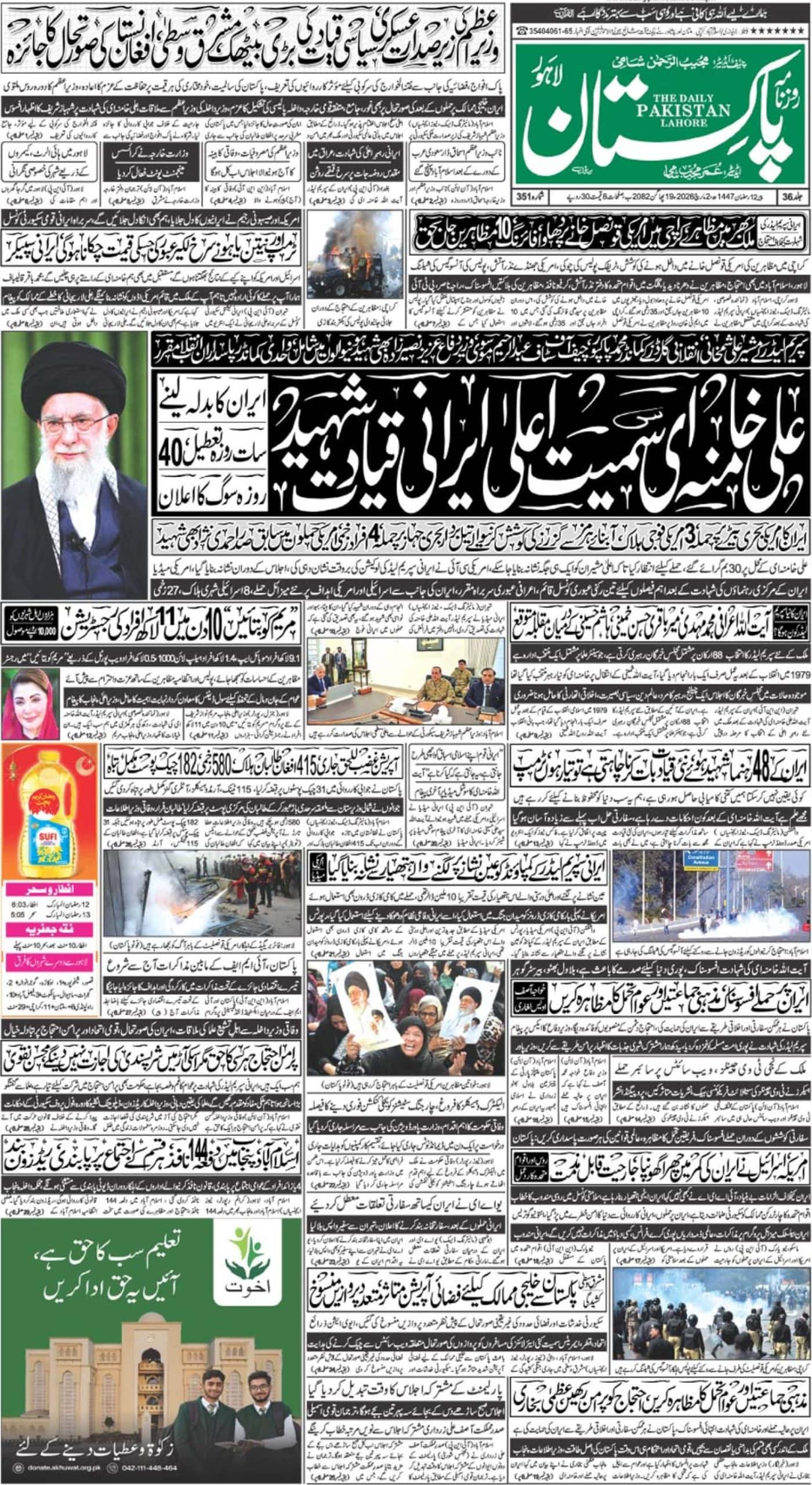Mullah Fazlullah was a key reason for tensions between the United States, Pakistan and Afghanistan. State and nonstate actors in the region used him to keep Washington-Islamabad-Kabul divided and squabbling. With Fazlullah’s elimination, there is an opportunity now to bring the three countries closer, end suspicions, and build mutual trust.
TTP terror commander’s elimination is a defeat for those states in the region, like India, that supported him. It is a win for Pakistan, Afghanistan, and America.
This elimination proves Pakistan’s narrative that terrorism inside Pakistan has been foreign-backed, mainly by India with help from other state and nonstate actors. Pakistani researchers and security officials have been collecting evidence on this, which has been growing since 2005 and all the way through 2015.
And, yes, India has been supporting Fazlullah. I wish if this was not true, but it is. India has been pursuing an immature Pakistan policy since 1950, one that led it to introduce proxies and nukes to the region, obstruct Kashmir resolution, and invade Pakistan in 1971 without reason (except to inflict harm on a country going through a messy election situation.) A country that can do all this can also do the following: support Fazlullah to engage Pakistan from the eastern front, spread mayhem, and create misunderstandings between Kabul, Islamabad, and Washington.
Unless India changes its immature Pakistan fixation, it is difficult for any country to consider India as an element of stability in the region. This doesn’t mean we go to war with India. It just means that India needs to change.
Elimination of Fazlullah deals a blow to TTP but will not end the terror group and other anti-Pakistan terror groups, like BLA, BLF, etc. These groups will likely continue operating in Afghanistan as long as India, Russia, and Iran continue meddling in Afghanistan in a war of attrition against the United States, Pakistan and China, the three countries which are trying to make peace between Afghan Taliban and Kabul.
This is the new, emerging map of alliances around Afghanistan. It is a return to 1997. To defeat America in Afghanistan, Russia and Iran are waging a war of attrition against America. India is working with them to target Pakistan. And the three, Delhi-Tehran-Moscow, want to see American, Pakistan and Afghan soldiers die in an endless war that would keep the Americans, Pakistanis, and Afghans fighting each other. It is the ultimate win for the Russian-Indian-Iranian alliance that started in 1997 and continued after 2002 when their proxies seized power in Kabul with American help.
For seventeen years, America, Pakistan and the Afghan people have been losing in Afghanistan. The post 9/11 Afghan war has been a joint defeat for the United States and Pakistan. The only winner has been other states in the region that want to see a permanent conflict in Afghanistan and are rooting for a conflict between old allies Washington and Islamabad.
A cottage industry of conspiracy theories emerged about how Pakistan wants America defeated in Afghanistan.
Now, for the first time, Islamabad is openly saying it wants America, NATO and Kabul to win against terrorists, proxies and their backers. Pakistani policymakers never wanted anything else but never articulated it in these clear words.
Last week has been good for Pakistan with progress in Afghanistan and on Kashmir, involving the United States and the United Nations. There is a need now in Pakistan to change our negative narrative on the US and the UN. We should appreciate their excellent work. On ties with Washington, we should appreciate the US and CIA role in eliminating Mullah Fazlullah. This is not the first time. A few years ago, the American military helped Pakistan arrest TTP number two in Afghanistan while he was going to meet his Indian handlers within the Afghan intelligence service. In return, the Pakistani role in keeping America’s back in Afghanistan must be acknowledged.
Pakistan played one of the most important roles in the triumph of the Free World against Communism. Today’s international system and economy owe their existence to a handful of countries that played key roles during the Cold War. Pakistan tops the list. Unfortunately, we got detracted after the end of the Cold War in 1991. Instead of benefiting from the new international system, Pakistan was sucked into a cycle of internal political instability and isolation with a successive of failed governments. We have only ourselves to blame for this.
The relationship between Pakistan and America is key for regional security and permanent peace in Afghanistan and for keeping Afghan territories free of proxy warfare by other neighbors. This Pak-US relationship must be strengthened.
The relationship between Pakistan and Afghanistan must be strengthened as two independent states whose peoples, security and economies are intertwined. We must stay close to Kabul without imposing ourselves, and help it avoid becoming a launchpad for proxy warfare by other states. For this, Pakistan must work closely with Afghanistan, America, and China.
Pakistan, America, China, and Afghanistan can bring peace to the region, secure their individual interests, and convince other countries of the region to join the peace.














